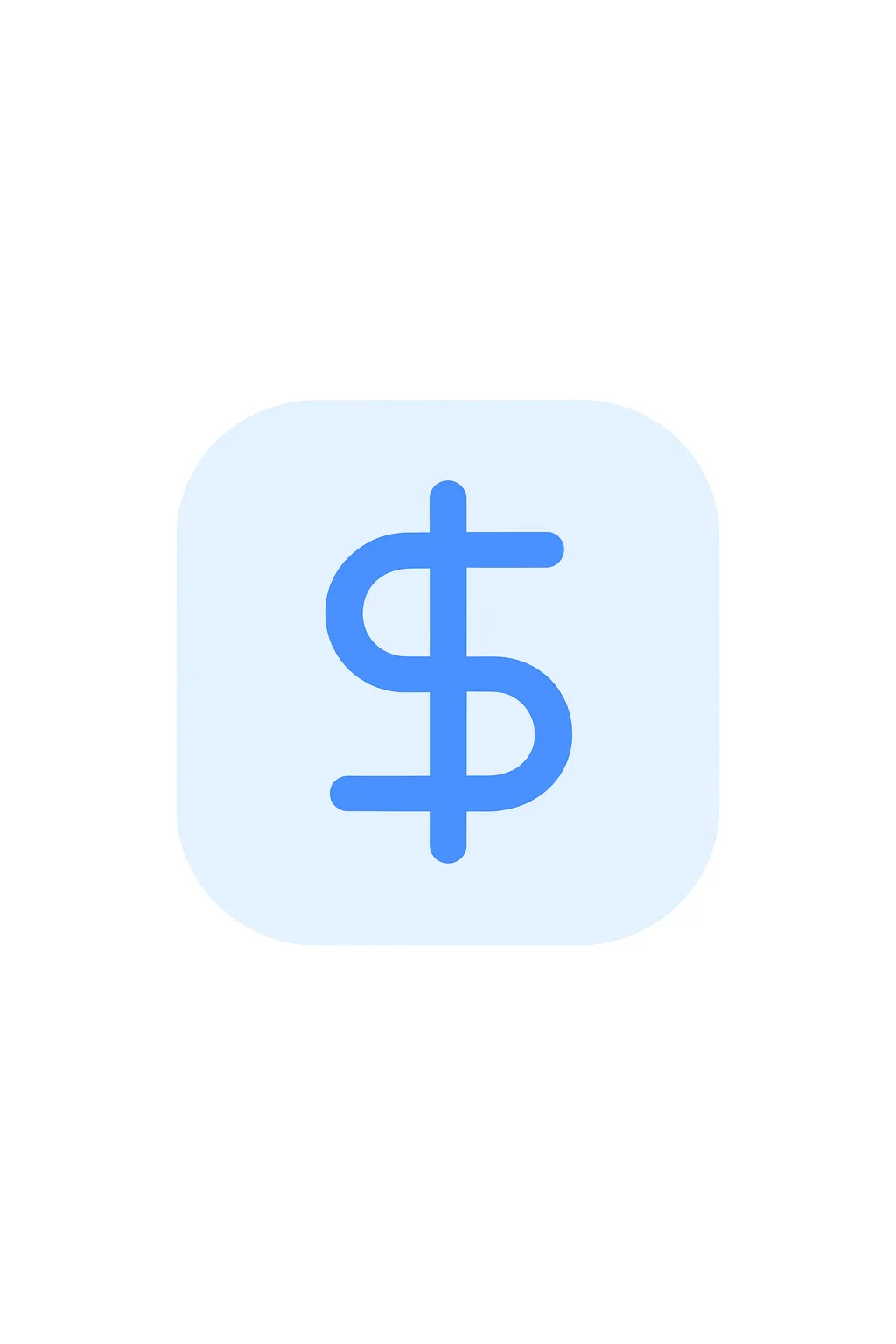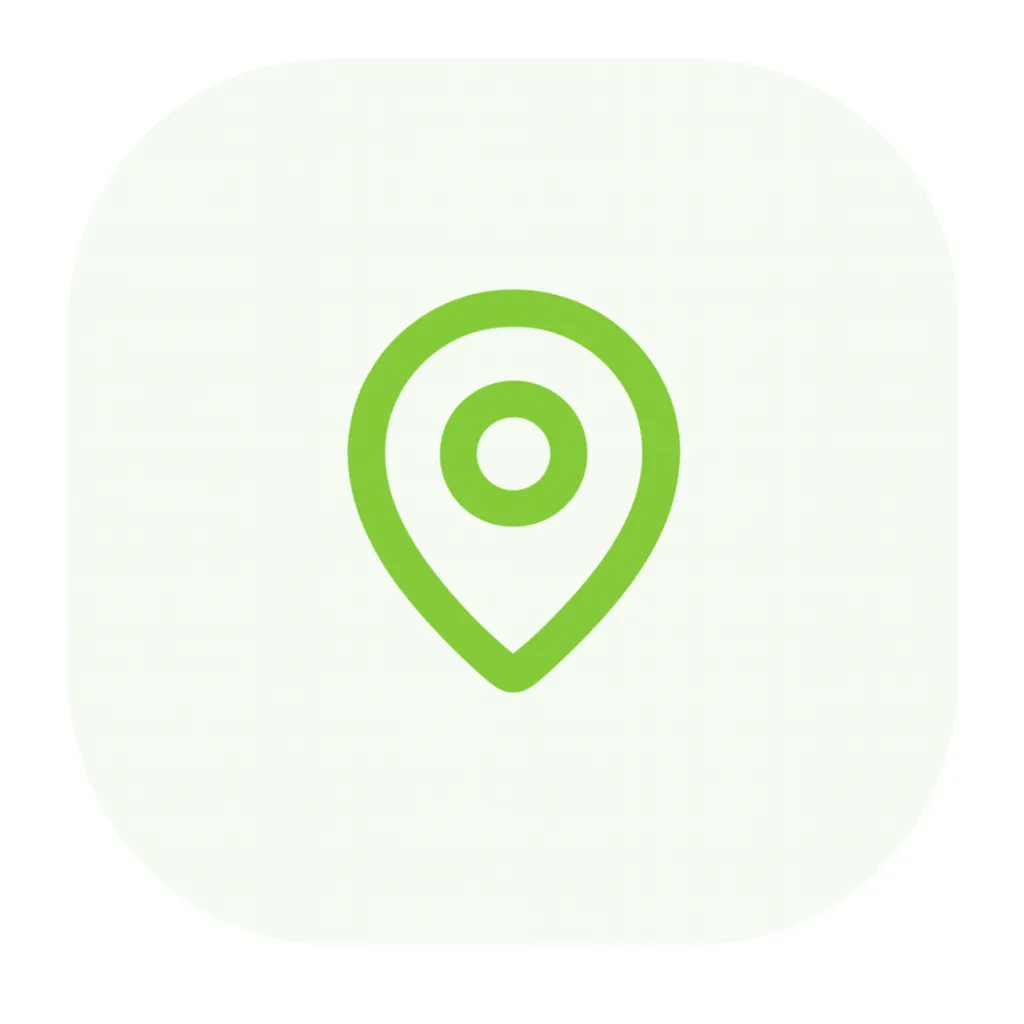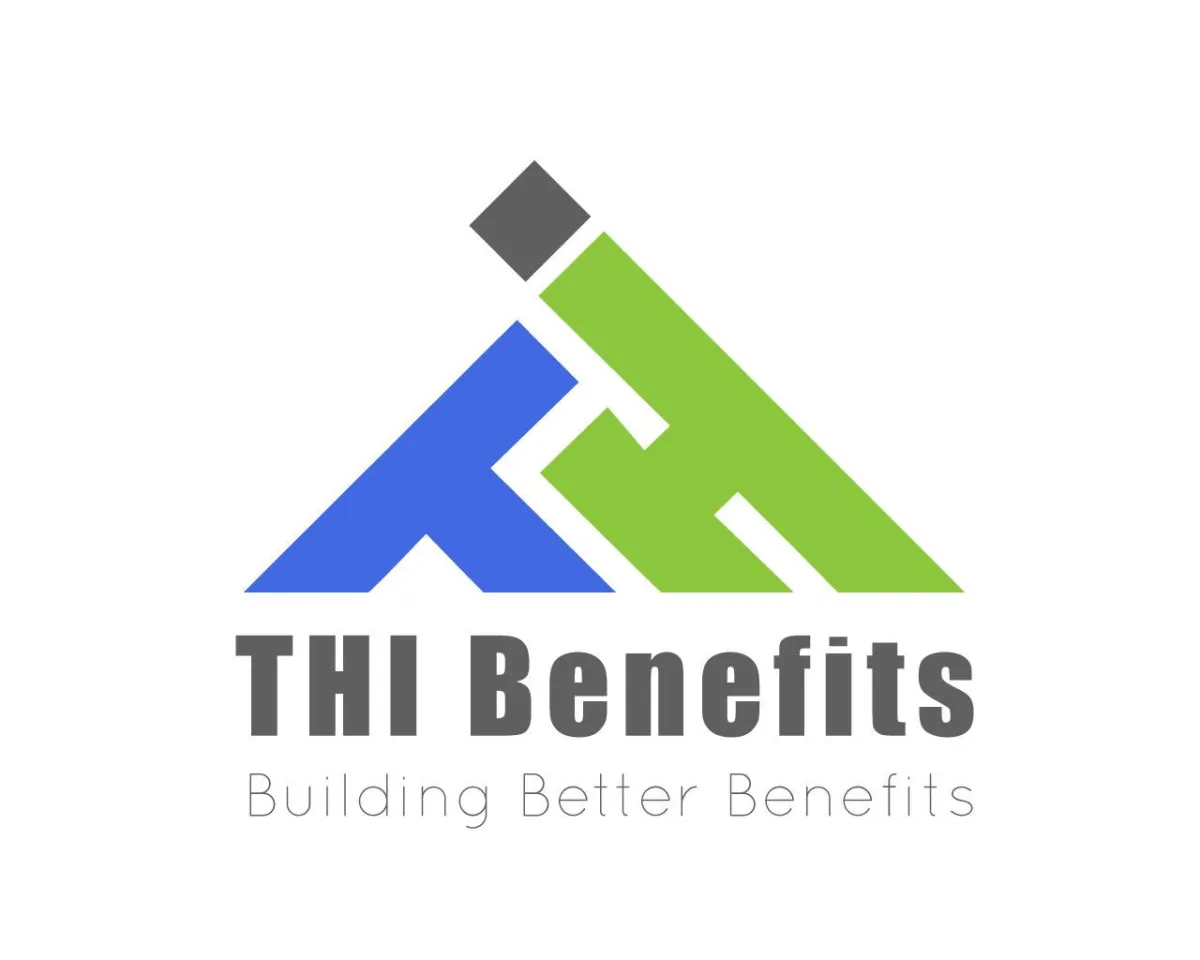Health Insurance Help, Without the Headache
We're here to help you make sense of your health plan, find the right info fast, and take care of what matters — without waiting on hold.

What's Changing for 2026?
New rules, income limits, and deadlines — here's what you need to know.

Income Caps
New income caps may affect your premium

Deadlines
Updated open enrollment deadlines

Expanded Options
More plan choices in select counties
Health Insurance 101
Get the basics down. No confusing jargon, just clear answers.
What’s a Deductible?
The amount you pay before your insurance starts helping. Once you hit it, your plan kicks in.
Copay vs Coinsurance
Copay is a flat fee (like $30). Coinsurance is a percentage of the bill (like 20%).
PCP vs Specialist
Your Primary Care Provider is your main doctor. Specialists focus on specific health areas.
HMO vs PPO
HMOs need referrals and have network limits. PPOs offer more freedom but may cost more.
When Can I Switch?
Usually during open enrollment or after a qualifying life event like moving or marriage.
Glossary of Terms
From premium to out-of-pocket max — quick definitions of common insurance jargon.
Find Your Plan Info
Select your insurance carrier to get started
Not Sure? Ask our assistant
Quick Help
Common tasks, one click away
Insurance Hacks You Should Know
Smart tips to get more from your plan
Save Big on Prescriptions
Use GoodRx or ask your pharmacist for generic alternatives. You could save up to 80% on medications.
Use Healthgrades
Find top-rated doctors in your network and read real patient reviews before booking appointments.
What’s a PBM?
Pharmacy Benefit Managers negotiate drug prices. Understanding how they work helps you save money.
